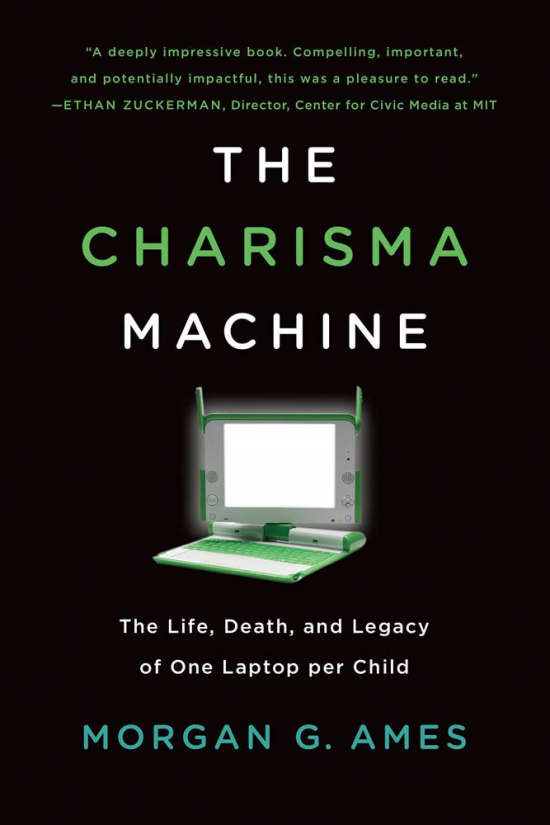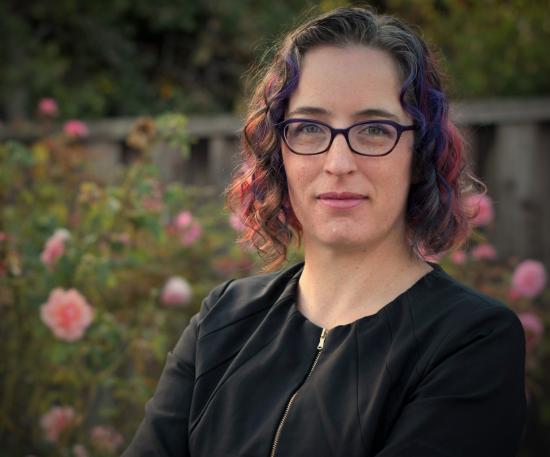From Los Angeles Review of Books
Selling a Charismatic Technology
By W. Patrick McCray
I was a devotee of Dungeons & Dragons in the 1980s. My favorite activity in the classic role-playing game was not slaying monsters but creating new characters, which I did by rolling three six-sided dice (in D&D parlance, “roll 3d6”). The resulting numbers generated attributes such as strength, wisdom, or dexterity. But there was another more enigmatic attribute with which each character was blessed or cursed: charisma. It determined how well my paladin or mage could charm, persuade, and coax others to do their bidding. A nimble and charismatic thief could separate a druid from his stave or score a discount when buying a magic cloak.
This quality lies at the heart of Morgan Ames’s book The Charisma Machine. Ames, a faculty member in Berkeley’s School of Information, uses the One Laptop Per Child Program (or “OLPC”) to explore the “complicated consequences of technological utopianism.” Announced at a meeting of the World Economic Forum before an enthusiastic gathering of businesspeople, celebrities, and other thought leaders, the audacious OLPC set out to put inexpensive laptop computers in the hands of tens, perhaps even hundreds, of millions of children in the Global South....
Ames’s fine-grained research reveals the disconnect between the varying meanings attached to the OLPC devices by the program’s advocates and its users....
Morgan G. Ames is an assistant adjunct professor in the School of Information and interim associate director of research for the Center for Science, Technology, Medicine and Society at the University of California, Berkeley. She is also affiliated with the Algorithmic Fairness and Opacity Working Group, the Center for Science, Technology, Society and Policy, and the Berkeley Institute of Data Science. She is a MIMS 2006 alumna.











